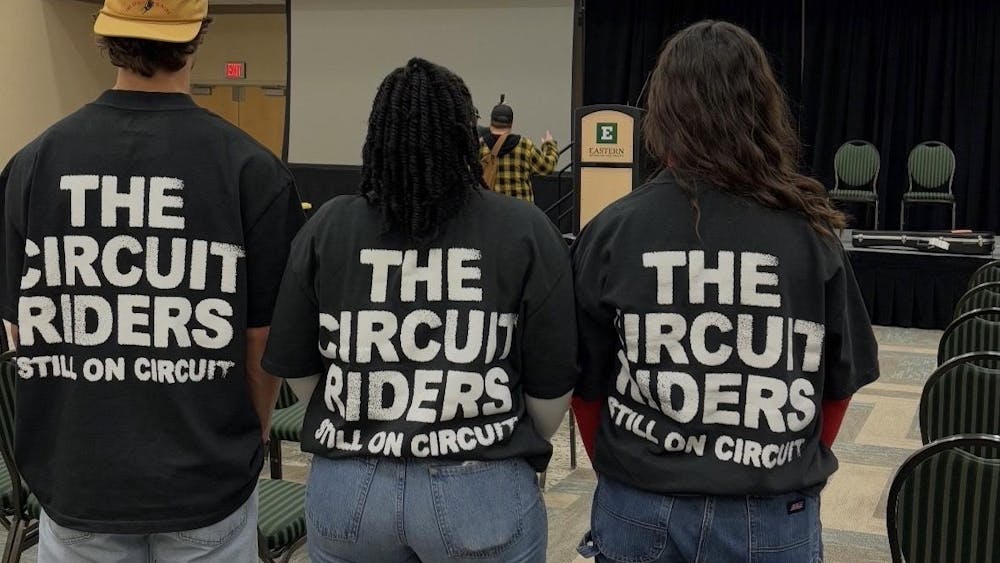In the modern era, the Internet is everywhere. This is no less true for higher education, where online use is on the rise, with entire colleges testing the digital waters by offering massive open online courses.
Such a model raises questions, like how sustainable such a system is and whether employers will consider such credentials valid. Nonetheless, MOOCs are clearly a step forward in making higher education more accessible and affordable.
The use of the Internet is nothing new to current college students, of course. These days most courses have some online component. For most of my academic career I’ve taken at least one course online per semester just to fit it into my schedule. But attending college entirely online, and for free?
A Jan. 6th New York Times article said, “Universities nationwide are increasing their online offerings, hoping to attract students around the world.”
The article goes on to say that major universities like Harvard and the Massachusetts Institute of Technology are funding such programs, which have attracted over a million students already.
For some time, there has been an emphasis placed on students going to college and getting a degree. Once in the minority, now the majority of Americans have at least some college education, if not a full degree.
But while education has become more accessible, it doesn’t necessarily make getting a post-college job any easier.
I’m looking at you, literature majors.
Your fancy degree and high-minded ways of comparing Tom Sawyer to Josef Stalin may be fun, but how will you fare in the job market? Higher education isn’t for everyone, which is a problem when it’s the only viable option.
Or is it? Trade schools have proven there is an alternative to traditional education. Maybe MOOCs could provide yet another alternative: A college education for those who either don’t want to go the traditional route, or don’t quite know how their choice of major can get them a job.
Not only is higher education becoming more available, the methods for obtaining it are, too.
But is that enough to deal with issues like gaps in certain job markets, or gluts in certain areas (cough — political science — cough). It is too soon to tell.
Whether or not MOOCs will be successful, or even viable, they are certainly a step in a new direction for higher education, though it might be more accurate to say such programs are merely a continuation of steps that have already been taken.
Either way, MOOCs will certainly get professors and students alike thinking about how their courses and ideas will be taught and made useful to a modern society. Except political science—that will always be useless.








